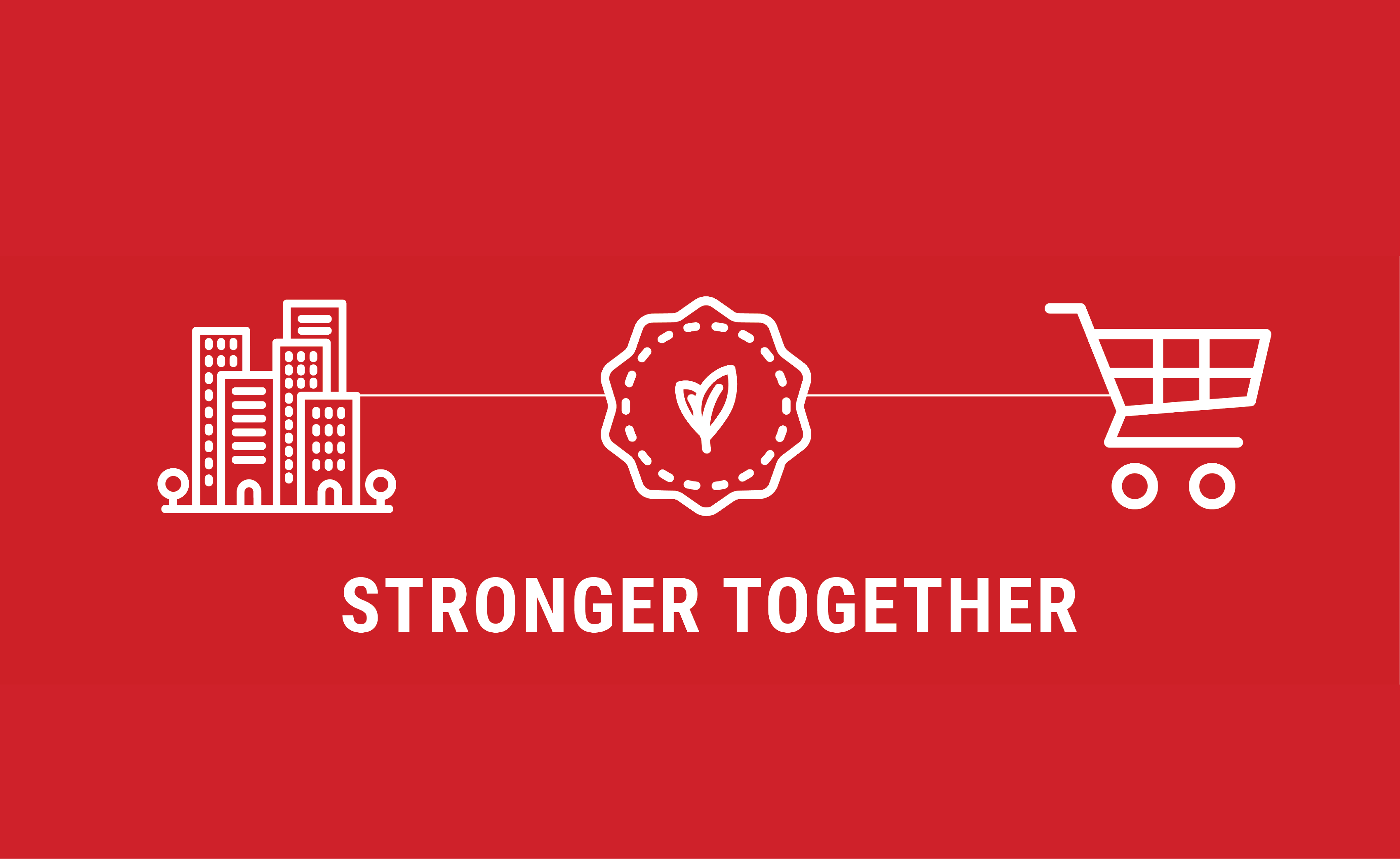at the University of Utah
The ethical implications of fair trade
Fair trade.
Those two little words emblazoned on your coffee cup may make you feel like you are saving the world one latte at a time, but do they really have the societal impact you are hoping for?
They might, and they might not. It’s an ethical dilemma that requires a burden of responsibility on three parties — the consumer, the agency verifying the company as fair trade and the company itself, according to Abe Bakhsheshy, Director of the Daniels Fund Ethics Initiative at the University of Utah’s David Eccles School of Business.
Fair trade can absolutely be beneficial to entrepreneurs in the developing world, Bakhsheshy said, as it allows companies selling their goods to get a fair price no matter what may be happening in the market.
“The idea is noble,” Bakhsheshy said. “They don’t want a handout, they just want to be treated fairly, justly and rightly. Can you imagine the chance we have to make a difference?”
Bakhsheshy offered guidelines for all three parties in a fair-trade exchange.
Companies
The most successful free-trade companies hire people on the ground, from the country and area they will be working in. This can run the gamut from an individual farmer growing a crop to a giant multi-national corporation opening new locations in the developing world.
Crossing international borders can complicate things, Bakhsheshy said, as the ethical norms of different countries can create issues. Grease money and bribes may seem abhorrent to those in the developed world, while they are just the price of doing business in some countries.
“They should manage foreign corporations in a manner by which it creates the greatest good and the least harm,” Bakhsheshy said. “It should be a combination of the host country and home country values. When two ethical values conflict, we should uphold the one that is higher in terms of human dignity.”
Companies should obviously also be committed to fair trade, and open and transparent in their business dealings so that consumers and accrediting agencies can “follow the money.”
Agencies
Companies must be certified to be able to sell as fair trade and are required to comply with standards set by Fair Trade USA, an independent non-profit. But other agencies investigate the companies to assure they are complying with the standards, and businesses are required to pay a fee for certification. Depending on the agency, the price can be very reasonable, or prohibitively steep.
“We assume that we are paying a higher price when we buy fair trade,” Bakhsheshy said. “But many times this goes to the middle man, not the entrepreneur. The people in need may not benefit.”
Accrediting agencies are within their rights to charge for their services, Bakhsheshy said, but have an ethical responsibility to charge a fair price and do proper due diligence to assure the company is acting in an ethical way to comply with fair trade regulations.
Consumers
It’s easy to pick up that fair-trade package, plop it in your shopping cart, and be on your merry way. But Bakhsheshy urges consumers to dig a little bit deeper into the background of the product they are buying. Learn what you can about the company’s labor practices, and make sure their accreditation is in order and is from a reputable agency.
The demand for fair trade goods is expected to continue to grow, Bakhsheshy added, citing the 110 million millennials who are mobilized to fight inequality through corporate responsibility. If the quality of two products is equal, but one producer is more socially responsible, many consumers are willing to pay a bit more.
“You don’t have to be a multi-millionaire. You can make your own small impact,” Bakhsheshy said. “You can give all you’ve got without losing anything of yourself.”





